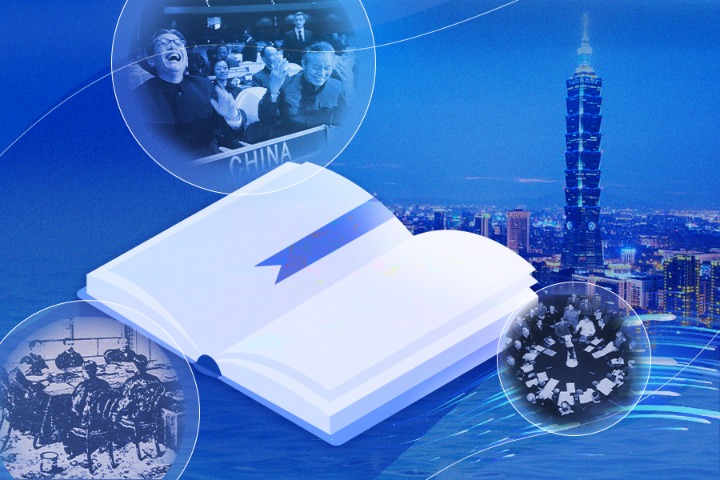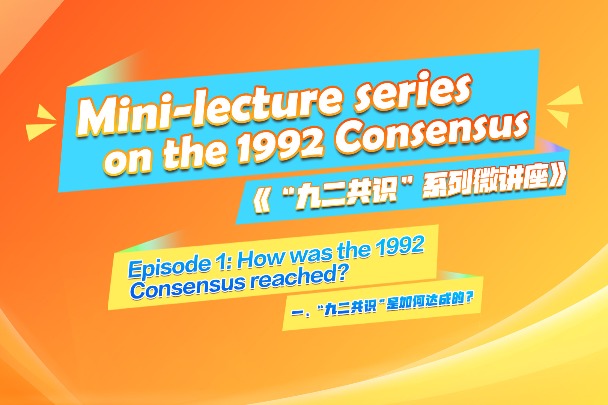Kao Wei-en: Mainland visit provides way to trace roots

"Only by remembering history and tracing our roots can we know where we come from and where we will go," said Kao Wei-en, one of the 28 students who accompanied Ma Ying-jeou from Taiwan during his mainland visit, taiwan.cn reported.
Kao is a fourth-year student dual majoring in mathematics and physics at the Chung Cheng University in Taiwan. This was his first tour to the Chinese mainland. "For me, the most touching moment during this trip was when Mr Ma (at Xiangtan, Hunan province) paid tribute to his ancestors by sweeping the tomb of his grandfather and read an elegy in the local dialect. Through this, he not only showed respect for his ancestors but also had a spiritual dialogue with them," he said.
When recalling visits to the historical sites on the mainland, Kao said: "History taught us the wisdom and spirit of our predecessors. These sites should be well-preserved to remind young people to uphold the right perspective on the Chinese nation's history. These relics can serve as vivid teaching materials for people to remember history so it does not repeat itself."
During the trip, Kao was surprised by the level of infrastructure construction on the mainland. "The developed high-speed rail network and subway systems provide easy access from all directions, and the bridges here are also world-class," he said. "High-speed trains on the mainland can provide passengers with comfortable, detail-oriented and impeccable service."
"The bus bays here are fairly long, which can alleviate traffic congestion. The automated container terminal Yangshan Deepwater Port greatly improved safety and efficiency, and I could barely see anyone around the entire port. China Railway Construction Heavy Industry's participation in the construction of the Wanda Line of the Taipei Metro showed the possibility of deeper cooperation between the two sides of the Strait," he added.
There was one artistic display that Kao found particularly moving on this trip. "When watching the traditional musical performances at the Hubei Provincial Museum and Shanghai Concert Hall, I saw many instruments I had never seen in Taiwan, some of which I thought had been lost. The mainland's attention to protecting traditional culture is admirable," Kao said. "I felt like I was immersed in ancient times, surrounded by the music. I hope these performances can be staged in Taiwan so people there can learn more about the traditional music and instruments."
When it comes to the exchanges with his peers at Fudan University, Kao said: "I was honored to be sitting next to a senior who studies physics. We have a lot in common to talk about."
"We talked about the scenic spots and cuisines on both sides of the Strait. The topics of life and culture can quickly bring us closer together. I hope there can be more and better convenient policies for cultural, tourism and academic exchanges between the two sides in the future," he said.




